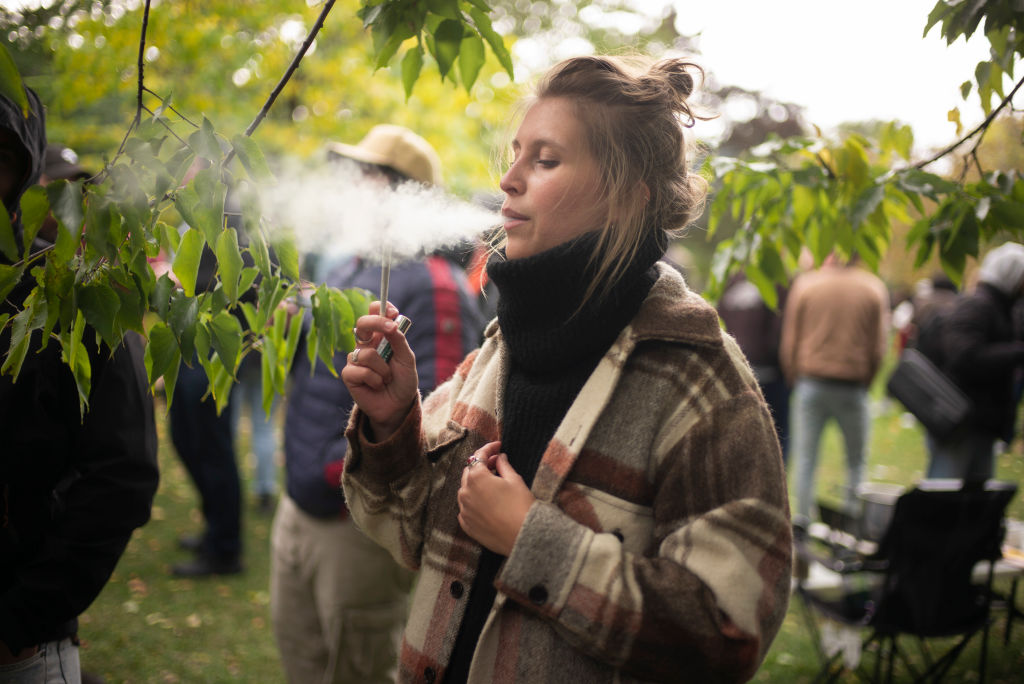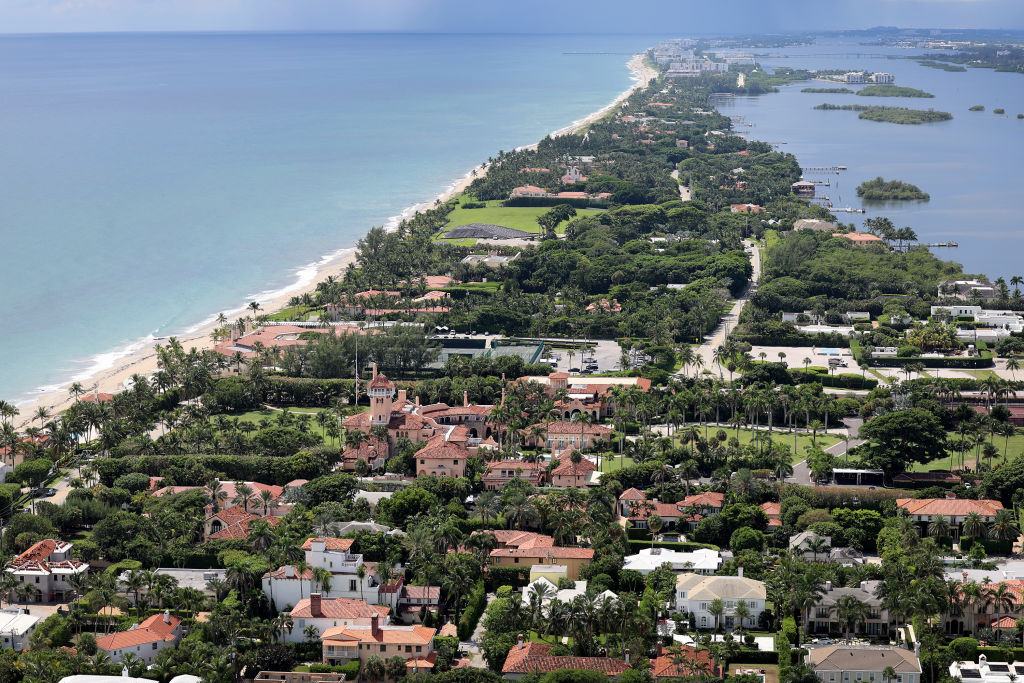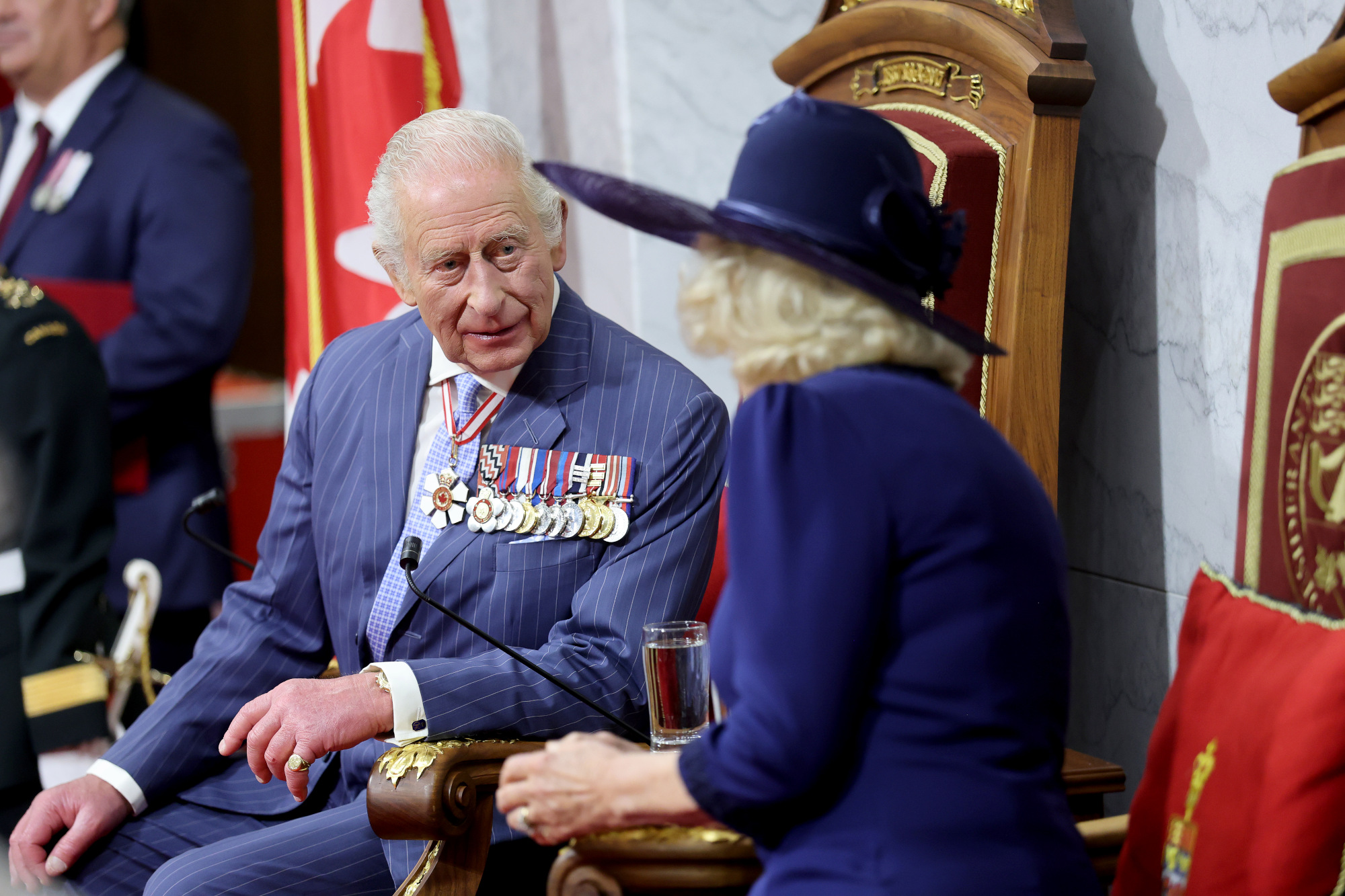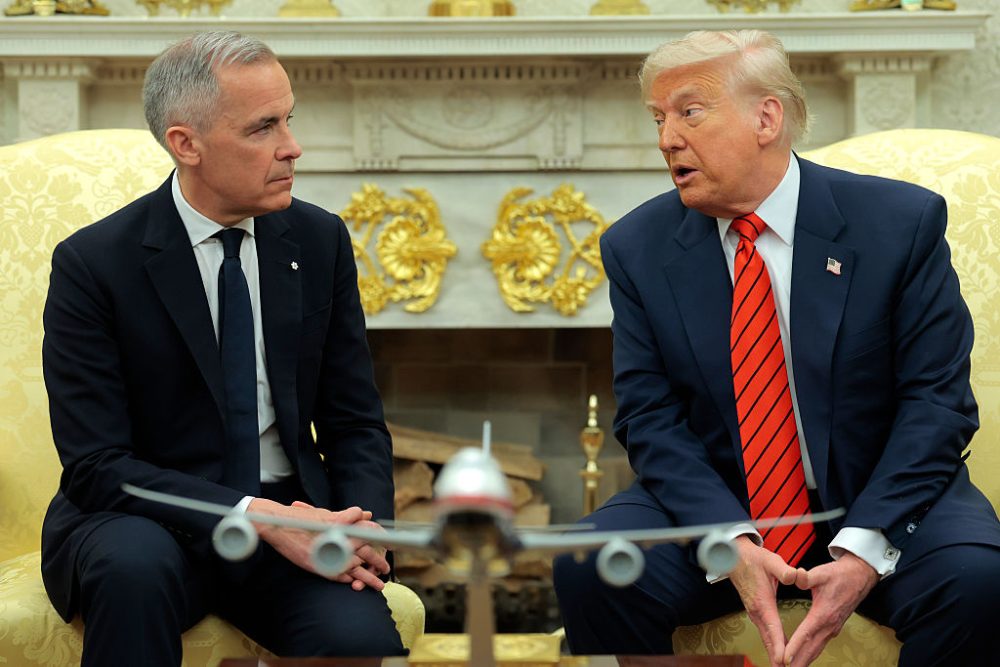Last month, Canada made headlines worldwide by becoming the first industrialized country to fully legalize marijuana. Having just returned from a tour of Quebec’s burgeoning marijuana market (which I’ve chronicled for Spectator Life), I’ve been looking into what this might mean for the US.
Anyone in Colorado, California or Arizona would be forgiven for thinking that America already has its own legal weed industry (and a healthy one too). Legally, though, American and Canada pot couldn’t be more different: while marijuana might have been ‘legalized’ at state level in parts of the US, it’s still strictly prohibited under federal law.
In fact, the only reason retailers – or consumers – aren’t facing drug charges is that Congress has continually passed bipartisan memos which forbid the DoJ and DEA from spending tax dollars busting activities which are legal at state level. If those laws were to change, retailers could be closed down overnight (and thrown in jail).
For Constitution nerds, this is fascinating – but if you’re in the industry, it’s a major headache. As well as the continued uncertainty as to whether they’ll be in business this time next year, retailers have been denied bank accounts, booted from social media, and disqualified from ordinary business loans.
Which is why what’s happened in Canada – complete federal legalization – is so interesting for America marijuana aficionados: it’s the first test case whether legal marijuana can work on a national scale.
Industry analysts – believe me, there are plenty – have long argued that America’s federal prohibition will become unsustainable, particularly as more states opt for some form of liberalization. But when I met marijuana lobbyists in Colorado last year, they weren’t hopeful that the Trump administration (which had just appointed the notoriously anti-marijuana Jeff Sessions as Attorney General) would take the plunge.
But could events north of the border change that? In a fascinating commentary for Forbes, Kris Krane, co-founder of a cannabis-focused investment firm, argues that, if the White House doesn’t act soon, it might inadvertently hand Canadian companies an insurmountable advantage in the next big international market.
The key to this is export potential. If Europe were to follow in Canada’s footsteps (as investors expect it will in time), American companies would be barred from taking advantage – under federal law, they’d be considered drug traffickers. Canadian growers, on the other hand, would face no such difficulties – hence why their market valuations are already dwarfing their American competitors.
If there was ever a pro-marijuana argument likely to resonate with the White House, this is probably it: jobs, growth, exports – and the chance to stick it to Trudeau’s Canada to boot. Hence why some Democrats already fear that Trump might come out for legalization as a way of winning the millennial vote in 2020.
Perhaps it’s the after-effects of my hazy weekend break, but I’m starting to think it could happen. After all – to apply what’s quickly becoming the first law of American politics – stranger things have happened.

























